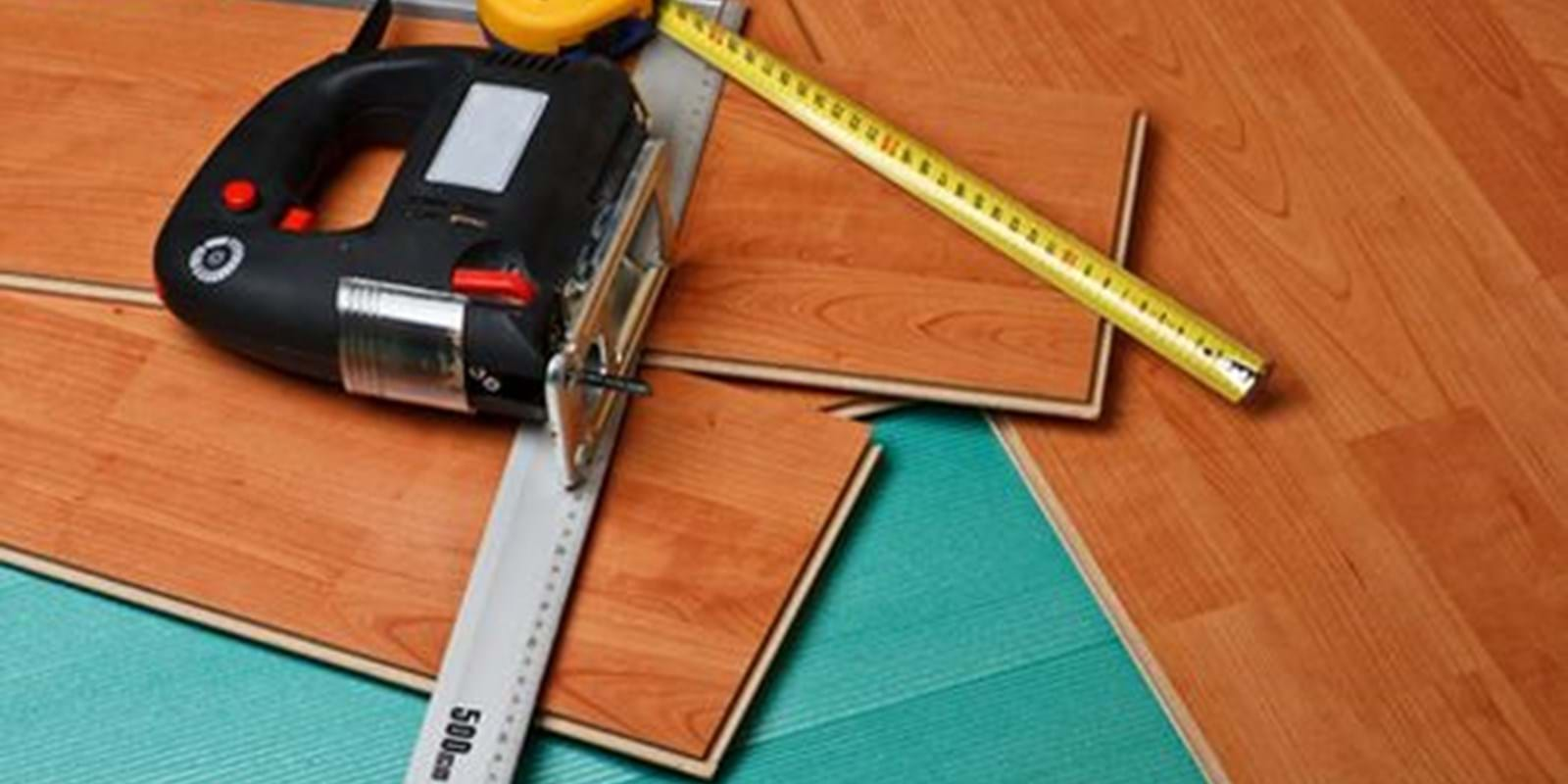In a recent judgment of the Court of Quebec, Small Claims Division1, the Court had to decide whether the cost of structurally repairing the floor of a condo should be borne by the co-owner or the syndicate.
A couple, owners of a unit in the co-ownership, claims $246.75 for damage in the structure of the floor of the bathroom of their condominium. The couple believes that this concerns a common portion, and therefore the responsibility of the syndicate of co-owners.
The question to be resolved by the Court
Repairs to the structure and joists under the shower of the unit of co-ownership owned by the Applicants are they the responsibility of the syndicate of co-owners?
The facts according to the Court
The Court considers the following facts:
In December 2010 the couple bought a shower to replace the one that was installed in the condominium for twenty years, and the installation is carried out by a professional contractor.
In June 2013 problems arise. Damage occurs to the condominium unit located below the applicants. The syndicate of co-owners investigates the situation.
The syndicate obtains, from an expert in plumbing, a report which indicates that the leak is located in the base of the couple’s shower, which is cracked. The whole thing must be replaced, and in the meantime, the co-owners should not use their shower.
Believing that the problem results from a defect in the shower acquired in 2010, the couple gets the replacement of this shower by the manufacturer.
The couple hires the same plumber, who had previously been mandated by the syndicate, to replace the shower. The evidence shows that the professionals of this company withdrew the shower in 2010 and replaced it with the new one provided by the couple in 2013.
The couple pays $833.57 for this work based on the invoice in evidence.
The subject of the claim of the couple is that the plumber was required to carry out repairs to a so-called “common portion” of the building. Indeed, the plumber writes in his bill that he had to solidify the joists, which resulted in an additional cost of materials and labor to the amount of $246.75.
The couple filed in support of their claim an extract of the declaration of co-ownership which states that the concrete slabs or wood floors located inside the privative portions of the units are not part of the privative portions.
So, the couple believes that it is up to the syndicate of co-ownership to take responsibility for the part of the repair to the joists.
According to the Court the officials of the syndicate of co-owners consider that the damage was caused by improper repairs made in 2010.
In other words, the syndicate argues that because the shower of the unit has already been replaced in 2010 and because the work was not done properly, it caused all the damage to be incurred by the claimants.
The previous shower had been there for 21 years and neither one nor the other of the co-owners had to replace or repair the shower joists.
The syndicate of co-owners believes that the problem was created entirely by the repair done in 2010 and that it should pay nothing.
The Court had the opportunity to hear the general contractor who performed the work in 2010. He said that then he proceeded to replace the prefabricated shower without changing the structure. In fact, it is the old shower that was removed, it was replaced and used the same ducts and the same openings in the structure.
According to the contractor, the problem is inevitably linked to the initial construction of the building. He testified that the joists were cut at the time in the wrong place, creating thus a weakness in the structure, causing the leakage of the shower installed in 2010. According to him, this is not a problem related to the installation of 2010, or even to the shower unit itself, but simply to the structure and layout of the premises.
The applicable law according to the Court
The Court reminds the parties that in civil cases the burden of proof rests on the shoulders of the plaintiff (in this case the couple) following the principles of mere balance. The plaintiff must present evidence to the judge that surpasses and dominates that of the defendant. The party that has the burden of proof must demonstrate that the disputed fact is not only possible, but probable.
The Court focuses on Section 1077 of the Civil Code of Québec, which reads as follows:
1077. The syndicate is liable for damage caused to the co-owners or third persons by faulty design, construction defects or lack of maintenance of the common portions, without prejudice to any counterclaim.
Thus, the obligation of the syndicate of co-ownership to each owner to repair the construction defects of the common portions derives from the fact that it must legally take charge of the conservation of the property under Section 1039 of the Civil Code of Québec.
The legal recourse of a co-owner against the syndicate at the end of section 1077 C.c.Q. covers direct damage resulting from lack of maintenance, from faulty construction or design of the common portions. The weakness of the joists is a construction defect dating back to the original construction.
The common portions are therefore a heritage called “collective” and the damage caused to this heritage commits the responsibility of the syndicate of co-owners with respect to the couple.
Therefore, the Court concludes that the syndicate of co-owners is liable for damages suffered by the plaintiffs, that is to say, the cost of repairing the joists, and ordered the syndicate to pay the couple the amount of $246.75, plus interest and the court costs of the request.

